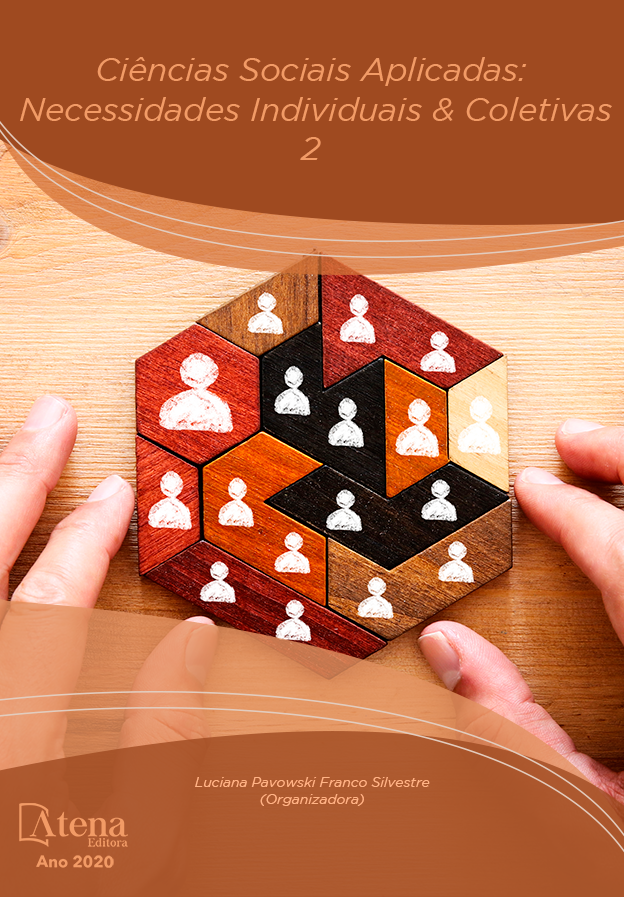
“FUTEBOL-BANDIDO”: OS CARTOLAS DA CBF E A CORRUPÇÃO NO BRASIL
O trabalho elabora uma interpretação sociológica sobre as relações políticas, os valores sociais e as formas de sociabilidade que permeiam a sociedade brasileira, tendo como estudo de caso análises acerca da CBF (Confederação Brasileira de Futebol) e seus dirigentes. A pesquisa visa problematizar a atuação e interesses dos “cartolas” da CBF (dirigentes de futebol da entidade), enquanto instituição privada, assim como compreender os princípios que orientaram o “modus operandi” desses dirigentes no controle de um bem público nacional, o futebol brasileiro.
O mote dessa pesquisa consiste em pensar os valores da cultura política brasileira por meio de um componente visceral de nossa sociedade, ou seja, o futebol. O universo sócio-político que compõe o futebol brasileiro, propicia problematizar, para que possamos compreender, como os elementos da cultura política nacional, como o patrimonialismo e o “ethos” social da cordialidade, são operacionalizados em ações políticas que beneficiaram os “cartolas da CBF”, além de servirem de base para práticas de corrupção.
Tendo como fundamentação teórica as interpretações sociológicas acerca dos efeitos da confusão público-privada na sociedade brasileira encontramos certa tensão no que tange ao conceito de patrimonialismo de base teórica weberiana. Tal contenda se dá, sobretudo, entre concepções tradicionais, de Sérgio Buarque de Holanda (1936) e Raymundo Faoro (1958), e concepções mais recentes como as de Luiz Werneck Vianna (1999), Carlos Eduardo Sell (2016) e Jessé de Souza (2015,2017).
Assim, diante dessa problemática proponho uma hipótese na qual a atuação dos cartolas da CBF na gestão política e institucional do futebol brasileiro, permite ampliar a compreensão da confusão público-privado expressa no patrimonialismo, uma vez que revela como os agentes de uma entidade privada se apropriaram de um bem público nacional - o futebol brasileiro - para benefícios privados de um grupo oligárquico que comandou, e de certo modo, ainda comanda a grande paixão esportiva nacional.
“FUTEBOL-BANDIDO”: OS CARTOLAS DA CBF E A CORRUPÇÃO NO BRASIL
-
DOI: 10.22533/at.ed.63720090914
-
Palavras-chave: Cultura, Política, Futebol, Público, Privado
-
Keywords: Culture, Politics, Football, Public, Private
-
Abstract:
The work elaborates a sociological interpretation of political relations, social values and forms of sociability that permeate Brazilian society, having as a case study analyzes about the CBF (Confederação Brasileira de Futebol) and its leaders. The research aims to problematize the performance and interests of the “top hats” of CBF (football directors of the entity), as a private institution, as well as to understand the principles that guided the “modus operandi” of these managers in the control of a national public good, football Brazilian.The motto of this research is to think about the values of Brazilian political culture through a visceral component of our society, that is, football. The socio-political universe that makes up Brazilian football, makes it possible to problematize, so that we can understand, how the elements of the national political culture, such as patrimonialism and the social “ethos” of cordiality, are operationalized in political actions that benefited the “top hats of CBF ”, in addition to serving as a basis for corrupt practices.
Based on the theoretical basis of the sociological interpretations about the effects of public-private confusion in Brazilian society, we find some tension regarding the concept of patrimonialism with a theoretical Weberian basis. Such strife occurs, above all, between traditional conceptions, by Sérgio Buarque de Holanda (1936) and Raymundo Faoro (1958), and more recent conceptions such as those by Luiz Werneck Vianna (1999), Carlos Eduardo Sell (2016) and Jessé de Souza (2015,2017).
Thus, in view of this problem, I propose a hypothesis in which the role of the CBF top hats in the political and institutional management of Brazilian football, allows for a broader understanding of the public-private confusion expressed in patrimonialism, since it reveals how the agents of a private entity are they appropriated a national public good - Brazilian football - for the private benefit of an oligarchic group that commanded, and in a way, still commands the great national sports passion.
-
Número de páginas: 16
- Breno Carlos da Silva


